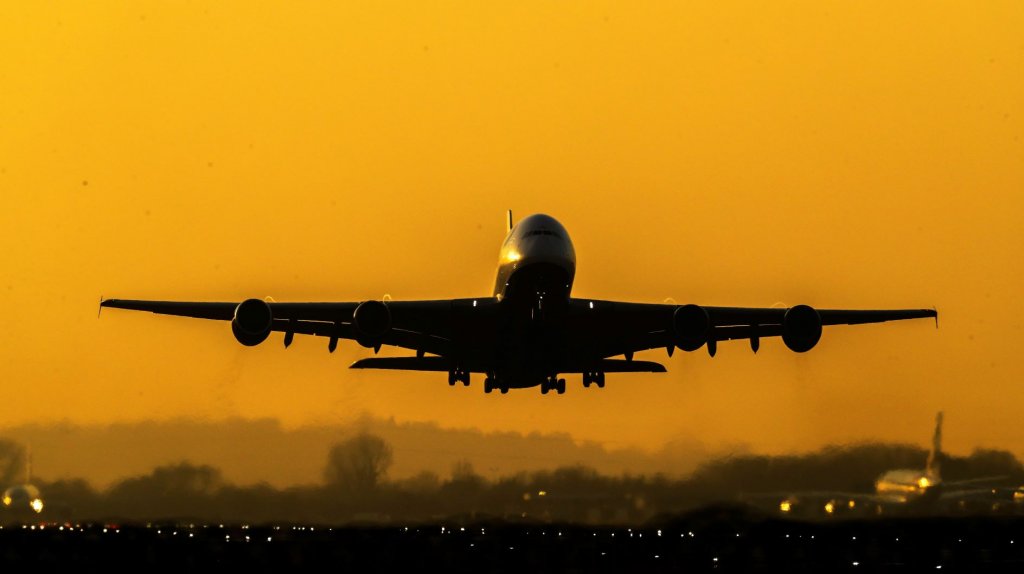Aerospace Industry Faces ‘Gravest Crisis’, Warns Airbus

Airbus is being hit by “the gravest crisis the aerospace industry has ever known”, chief executive Guillaume Faury has warned.
He made the comment as the European plane-maker revealed it lost 481 million euros (£419 million) in the first three months of the year.
Revenues were down 15% compared with the same period in 2019, while commercial aircraft deliveries were down from 162 to 122.
Demand for flights has collapsed due to the coronavirus pandemic, with airlines grounding the majority of their fleets and deferring the delivery of new planes.
Mr Faury said: “We saw a solid start to the year both commercially and industrially but we are quickly seeing the impact of the Covid-19 pandemic coming through in the numbers.
“We are now in the midst of the gravest crisis the aerospace industry has ever known.
“We’re implementing a number of measures to ensure the future of Airbus.
“We need to work as an industry to restore passenger confidence in air travel as we learn to co-exist with this pandemic.
“We’re focused on the resilience of our company to ensure business continuity.”
Airbus previously announced a plan to cut aircraft production rates by around a third.
Earlier this week it confirmed that more than 3,000 staff working at its site in Broughton, North Wales, will be furloughed.
EasyJet has agreed with Airbus to defer the delivery of 24 new aircraft.
On Tuesday, British Airways-owner IAG revealed plans to make up to 12,000 workers at the airline redundant, equivalent to more than a quarter of staff.
The firm said expects it will be “several years” until demand for air travel returns to 2019 levels.




